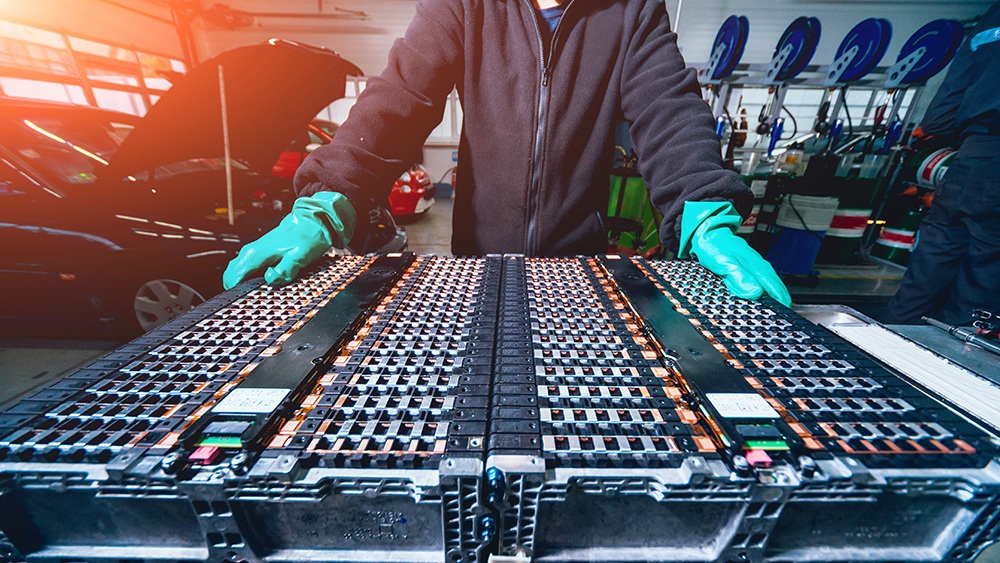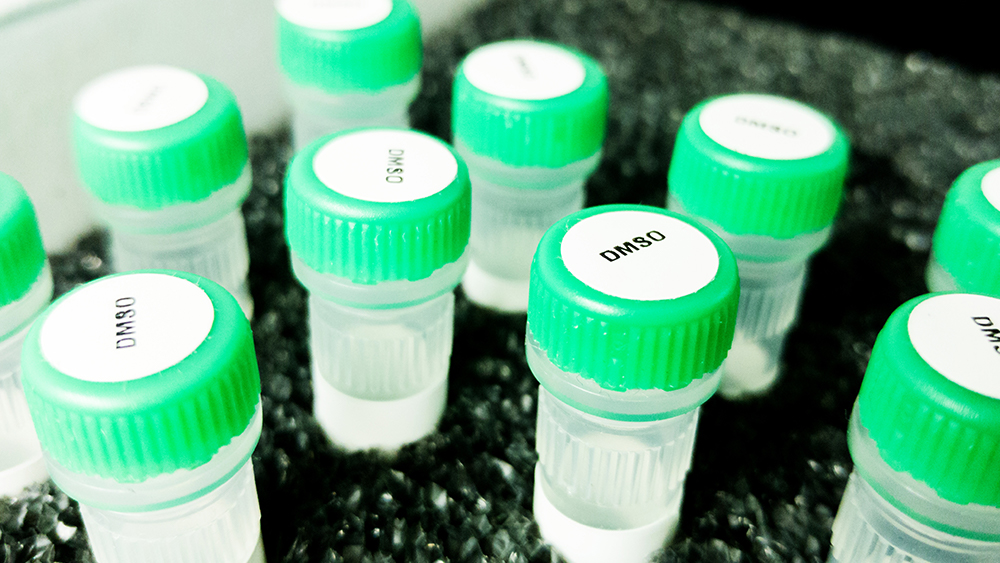Sodium-ion battery BREAKTHROUGH offers a faster, safer, and more sustainable revolution in energy storage
05/30/2025 / By Lance D Johnson

In a world shackled by the limitations of lithium-ion batteries — fraught with scarcity, ethical dilemmas, and soaring costs — a breakthrough emerges from the shadows. Researchers in India have unveiled a sodium-ion battery capable of charging to 80% in just six minutes, shattering the status quo and offering a glimpse into a future where energy storage is faster, cheaper, and far more sustainable. This isn’t just another incremental improvement; it’s a seismic shift that threatens to upend the lithium-dominated market while aligning with the principles of liberty, transparency, and scientific truth.
Key points:
- Sodium-ion batteries charge to 80% in six minutes, outpacing many lithium-ion alternatives.
- A nano-structured anode made of carbon-coated, aluminum-doped materials enhances efficiency and durability.
- Sodium is abundant and inexpensive, eliminating reliance on scarce lithium and unethical cobalt mining.
- These batteries boast over 3,000 charge cycles, making them ideal for EVs, grid storage, and consumer electronics.
- Safety and reliability are significantly improved compared to lithium-ion counterparts.
The lithium stranglehold and the rise of sodium
For decades, lithium-ion batteries have reigned supreme, powering everything from smartphones to electric vehicles. But their dominance comes at a steep price — both financially and ethically. Lithium extraction ravages ecosystems, while cobalt mining — often tied to child labor in the Democratic Republic of Congo—fuels human rights abuses. Meanwhile, geopolitical tensions over these finite resources escalate, leaving consumers and industries at the mercy of volatile supply chains.
Enter sodium-ion technology. Sodium is one of the most abundant elements on Earth, found in seawater and common minerals. Unlike lithium, it doesn’t require destructive mining or geopolitical maneuvering. Researchers at India’s Jawaharlal Nehru Centre for Advanced Scientific Research (JNCASR) have harnessed this potential, crafting a battery that not only charges faster but lasts longer — over 3,000 cycles — without sacrificing performance.
How nano-structured anodes unlock the future
The secret lies in the battery’s nano-structured anode, a marvel of material science. By coating carbon with aluminum-doped compounds, scientists have dramatically improved ion mobility, allowing electrons to flow more efficiently. This innovation translates to rapid charging, higher energy density, and unprecedented durability — critical factors for electric vehicles and renewable energy storage.
Compare this to lithium-ion batteries, which degrade faster under high-speed charging and often require complex thermal management systems to prevent overheating. Sodium-ion batteries, by contrast, operate more safely, reducing fire risks while maintaining stability across thousands of cycles.
Fast-charging wars: Who leads the race?
The JNCASR breakthrough isn’t happening in isolation. Across the globe, companies are racing to redefine energy storage. Chinese EV manufacturer Zeekr has rolled out batteries that charge from 10% to 80% in 10.5 minutes, while Svolt Energy’s Fengxing Short Blade Battery achieves the same in 8.5 minutes. In consumer tech, Realme and Xiaomi are pushing boundaries with 300W charging systems that refill smartphones in minutes.
Yet sodium-ion’s advantage isn’t just speed — it’s scalability. With raw materials readily available, mass production could drive costs down, democratizing access to high-performance energy storage. Imagine electric vehicles priced competitively with gas-powered cars, or solar-powered homes storing energy affordably for nighttime use. The implications for this technology are staggering.
A future unshackled from lithium’s grip
The transition won’t happen overnight. Sodium-ion batteries still face hurdles in energy density compared to top-tier lithium models. But as research accelerates, these gaps will narrow. Already, companies like Tesla and Panasonic are exploring sodium-ion alternatives, signaling a shift in industry priorities.
For those who value self-sufficiency, ethical sourcing, and technological independence, sodium-ion batteries represent more than an upgrade — they’re a declaration of freedom. By breaking reliance on exploitative supply chains and offering a cleaner, more resilient solution, this technology embodies the spirit of innovation that challenges corrupt systems.
Sources include:
Submit a correction >>
Tagged Under:
aluminum doping, battery revolution, battery technology, carbon coated anode, cobalt free, consumer electronics, electric vehicles, energy independence, Energy Storage, ethical sourcing, fast charging, future of energy, grid storage, JNCASR, lithium ion batteries, nanotechnology, renewable energy, scientific breakthrough, sodium-ion batteries, sustainable tech
This article may contain statements that reflect the opinion of the author




















